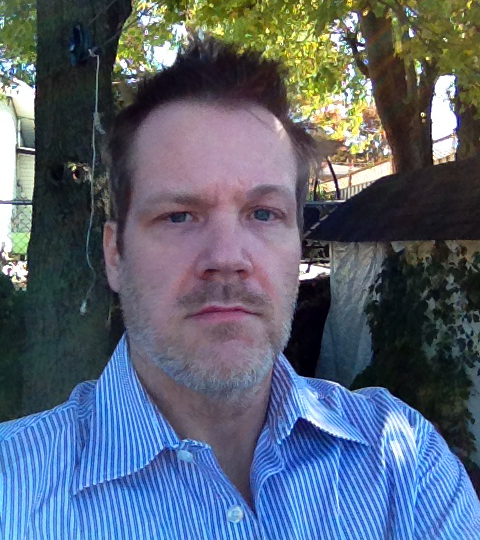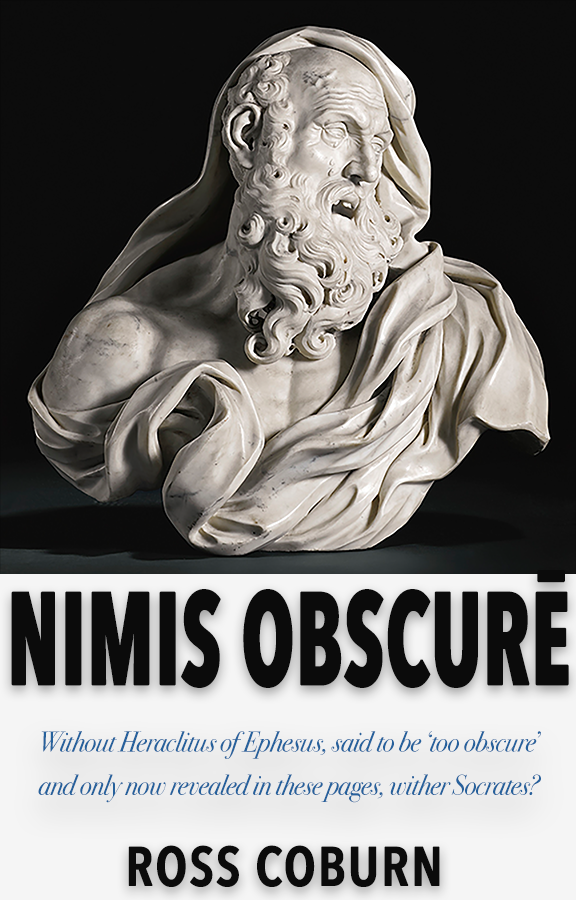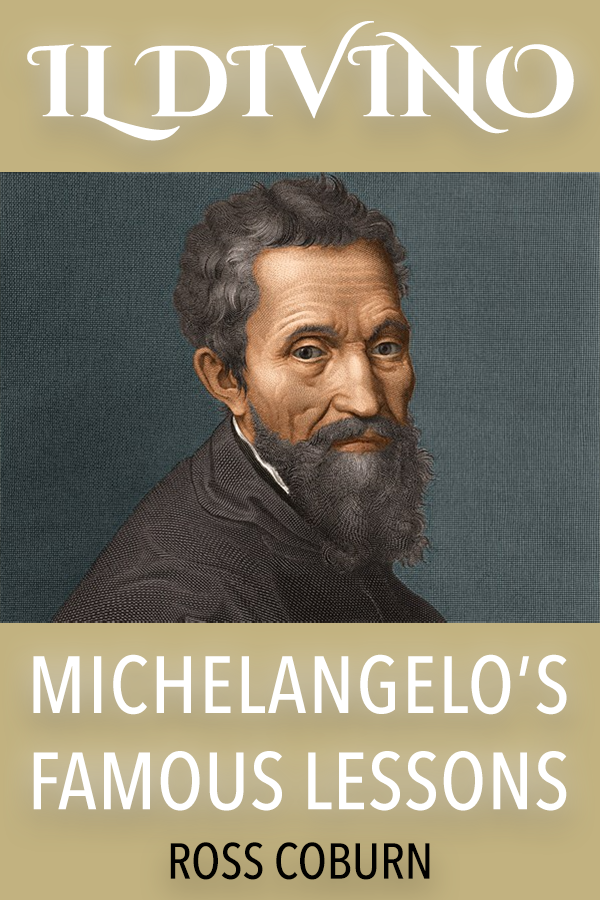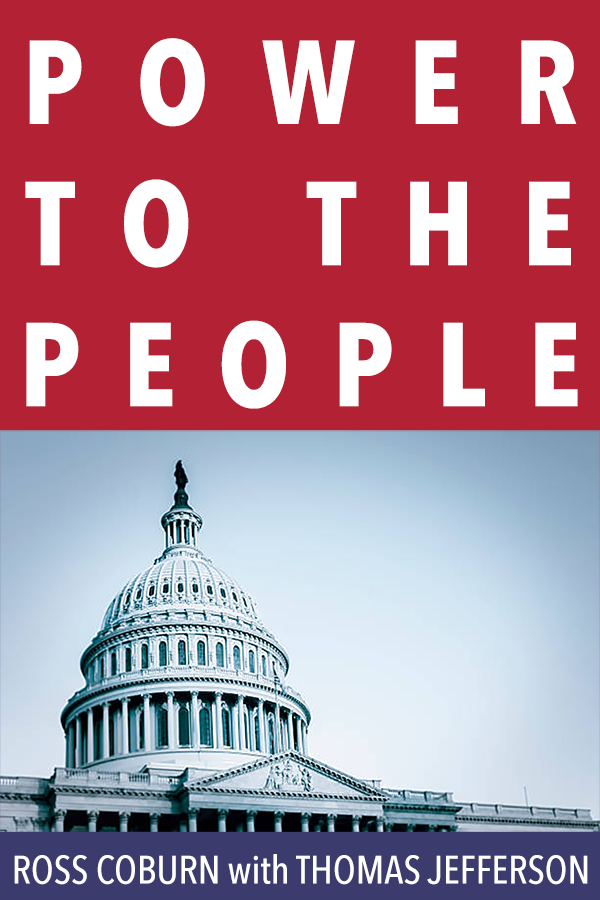Welcome to the Author Interview. This time, it features the lovely Ross Coburn, author of Nimis Obscure.
If you’re an author who’d like to take part in the series, email me: debbie@myrandommusings.co.uk
Now over to Ross:
Hello. Thanks for the opportunity to share, I really appreciate it.

1 Firstly, tell us a little bit about yourself
My name is Ross Coburn, from Montreal, Quebec, Canada.
I’m autistic, hyperlexic and self–educated, as well as being physically damaged, so having online social outlets, as well as avenues for research and, ultimately, publishing (self– or otherwise) is a gift I have never stopped appreciating.
My interests range from culture and art to literature, naturally, and online role–playing (the Dungeons & Dragons kind, not computer gaming).
Finally, I’m passionate about social change, and am always looking for potential co–founders to make an online venture I have in mind a reality.
No luck thus far, but I keep my eyes open.
2 Tell us a little bit about your books
I’ve written, self-published, and ultimately taken down two books that were exclusively on iBooks and were free.
The first, All Apologies, was a take on Heraclitus of Ephesus (more on him in a moment), while the other, Here’s to the Crazy Ones, was an autobiography of sorts, written during a dark period in my life.
My current projects are Nimis Obscurē, which is essentially a revised edition of All Apologies.
The book centres around Heraclitus who preceded Socrates and is the first of only four of the Ancient Greeks to hold a special place in the Western Canon, and whose teachings so heavily influenced our culture and ways of thinking (the other three being, of course, Socrates, Plato and Aristotle).
To make a long story short, Heraclitus has famously been considered to be impenetrable, Nimis Obscurē (Latin for ‘Too Obscure’), a situation not helped by the fact that his work, On Nature, was badly damaged in antiquity, leaving only some 119 fragments.
That he has been indecipherable for some twenty–five hundred years utterly perplexed me when I learned it; this information coming as it did from one paragraph after I’d effortlessly parsed examples of his writing.
I didn’t manage any great feat there, I merely recognized myself, and what I had been saying to friends and family for over a decade, albeit using different metaphors.
At first I suspected some colossal brain-fart on my part, and so I researched him more thoroughly, but I continued to find him quite comprehensible, at which point I decided to write about him and present him to the world.
My first effort also came at a bad time in my life, and was sloppy, incomplete and rambling, though in no way actually wrong.
I finally got the itch to do it right, and I am aiming to publish in November.
Without any name recognition or academic credentials, and with such supposedly obscure subject matter, finding a publisher has been a challenge, and so I expect I will be self-publishing again, but this time more widely (iBooks, Amazon, B&N, wherever will take me really) and I will be doing my best at marketing with my limited means.
What he has to say is important, and very relevant today.
I’d publish anonymously, and for free, if it would guarantee a million readers would be exposed to his teachings, and take him from there.
Then I’ll go back to writing Power to the People, with the literary conceit of claiming Thomas Jefferson as a co-author, using as many of his quotes as I do.
It’s a look at America as it currently exists, with strong commentary, both from Jefferson and myself, suggesting possible solutions.
It also has a section dedicated to US cultural history (they’ve forgotten that, if Great Britain is their father, then the Dutch are their father, and influenced them on many levels).
I hope in time to find an agent and publisher for this one, and perhaps if my first book is well received I’ll have better luck.
Finally, and I’ve only begun to noodle around with this one, is Il Divino.
What began as wanting to share some insights gleaned from Michelangelo, and I am painfully aware how potentially insufferable that might come across, has evolved into the urge to present these insights as part of a work of fiction, both as an exciting exercise for me and, if I’m honest, to keep me insulated from any claims of libel, as I will not be kind to certain institutions in this writing.
That whatever facts I may present (as being ‘fictional’ mind) are quite verifiable then becomes potentially interesting talking points. Think Dan Brown with some real bite.

3 Where do you find your inspiration for your books?
It finds me, really.
I never set out to study Heraclitus, I tripped over him while looking at something only peripherally related.
It referenced him, I clicked the hyperlink, and it was all downhill from there.
Similarly, I came to Michelangelo without the slightest preconceived notion, curious about one detail of his life that came to my attention and demanded I investigate further.
Being self-educated is both a blessing, in that I am not burdened with the misperceptions of others, and a burden, in that there are inevitably gaps in my knowledge.
As for Power to the People, it’s a combination of that need to share what I see is missing in America today’s cultural dialogues, and a desire to offer people alternate points of view, including those of their Founding Fathers, and to push for social change.
My inspiration, I suppose, can best be expressed by the names of truly amazing human beings, who happen to be American, that I’ve had the privilege of knowing, and trying to express what they mean to me.
4 What, for you, is the best thing about being a writer?
The best thing about being a writer is having the chance, the need really, to express myself and to try and make my words matter.
5 And the worst?
The worst would be knowing that, being unknown as I am, that my reach may ultimately not be sufficient to get those messages across widely enough for them to become relevant to my intended audiences.
Also, I admit, I throw around some really heavy names. I find myself being intimidated by that, and questioning myself as to whether I really have any business holding opinions, or even self-verifying explanations in Heraclitus’ case, concerning that sort of company.
Wondering whether, for all that my intention is to provide topics for greater minds, and more eloquent voices to chew on, I’m not being insufferably arrogant in presuming to try.
6 If you could have any super power, what would it be and why?
This was a hard question.
At first, I thought ‘the ability to travel to any place and time’ but that is a selfish desire.
Then I thought ‘the ability to let people around the world reshape themselves to conform with their inner sense of identity’, which is better, but a bit narrow.
So I finally settled on ‘the ability to dial peoples’ empathy to 11, so that people could, or even have to, be able to see past superficial differences and understand one another’.
That would go a long way towards eliminating hate, and encouraging aid, so I’m going to go with that.
7 Do you have any tips for anyone wanting to write their first book?
Yes – just do it.
Look around, there’s plenty of advice from writers, published and otherwise (Stephen King’s book on writing is a gold mine), and while you should definitely find practical advice wherever you can, ultimately the most important thing you can do is to just start putting words on the page, and keep adding more.
Don’t get bogged down in making everything pretty and perfect; it won’t be, first drafts are crap by definition, but once you have one, you can refine it, edit it, find others to do the same, and ultimately have your first book.
But it all stems from having the courage, and discipline, to just start typing, and keeping what you type.

8 Tell us one random fact about you
I have been an ardent Macintosh user since 1992.
9 Who is your favourite author?
That’s almost like asking a parent who their favourite child is, but I’ll go with J.R.R. Tolkien.
10 And your favourite book(s)?
The Hobbit/The Lord of the Rings/The Silmarillion
Albert Einstein’s The World as I See It and Ideas and Opinions
Neil Gaiman’s Sandman comics, as well as Good Omens (with Terry Pratchett)
Philip Norman’s John Lennon
George Alec Effinger’s When Gravity Fails
William Gibson and Bruce Sterling’s The Difference Engine
George R.R. Martin’s Fever Dream
Umberto Eco’s Foucault’s Pendulum
I could go on for a while, but I’ll stop there.
11 What book are you reading right now?
Guilty pleasure alert: Dan Brown’s latest, Origin.
Otherwise, lots of Thomas Jefferson for research, and I have a whopping great big volume detailing all of Michelangelo’s paintings, sculpture and architecture that I need to lay out on a table to try to peruse.
12 Where is your favourite place to write?
My health is not fabulous, so I typically write in bed.

13 Do you prefer to write in silence or do you have a writing soundtrack?
I can go both ways.
I love music. Sometimes it helps the time pass, occasionally some coincidence involving a clever lyric will point me in an interesting direction, sometimes it gets too distracting and I have to shut it off if I’m to have any chance at being productive.
14 What can we expect from you next?
Well, once Nimis Obscurē is published, and I get my head of steam up for Power to the People, I’ll find something else to work on, as I tend to do best with more than one iron in the fire.
When creativity stalls on one, I can usually find it in the other.
Blogging as inspiration strikes, and too often engaging with nitwits through social media.
Pro tip: Don’t argue with ignorance online, it will drag you down to its level and beat you with experience there.
15 Anything else you’d like to share with us?
My best wishes to any and all writers, published or otherwise, who happen to see this, and for that matter, even those who don’t.
16 Where can we find you? (Links to your Amazon page and social media)
The best places to find me are my own site, (comments are gold, and sharing is love! I’ll be linking back to this site once this interview is published).
Facebook (RossCoburn, and my books page Incrociare) though I confess I’m not as active as I could be there.
Twitter, for which I have very mixed feelings, @RossCoburn. I follow back and do what I can to support others’ efforts.
Thank you, it’s been a pleasure.

Leave a Reply